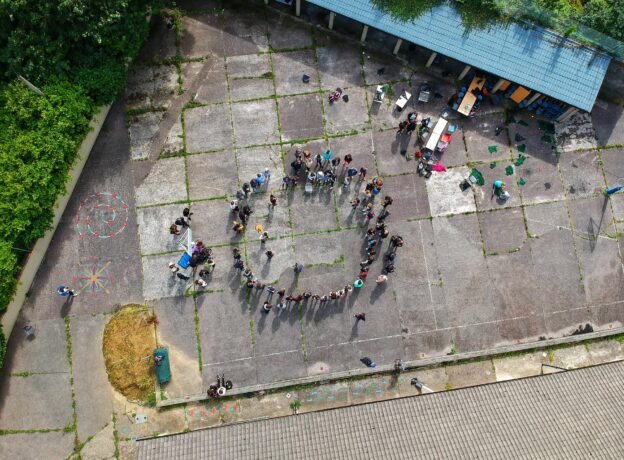This post is a bit of an experiment. In it, I want to outline my four main areas of interest which guide my reading, thinking and the work I want to engage in. The aim is twofold. Firstly, I hope that the exercise focuses my thoughts because I need to write the areas down in a coherent way. Secondly, this is intended as a way to reach out to likeminded people who are interested in the same issues, so it contains a call to action, i.e. to contact me. I would be particularly interested if you would like to discuss my ideas presented below, work with me on any of these challenges, or simply tell me that what I am sketching out below is not really as challenging as I think it is and that robust answers/solutions are indeed already available (please do share them with me and excuse me for my ignorance).
My four areas of interest are (1) understanding change in societies from a complex systems perspective and in particular how to promote a more sustainable way of living, (2) developing an integrated approach to performance management, accountability and learning for teams and organisations engaging in complex change, (3) achieving systemic change through economic development initiatives, and (4) engaging more in the area I live in – the North East of England. Some of these areas are more concrete and tangible in terms of potential outputs and activities. I will now describe each of them in turn in more detail. Continue reading →




